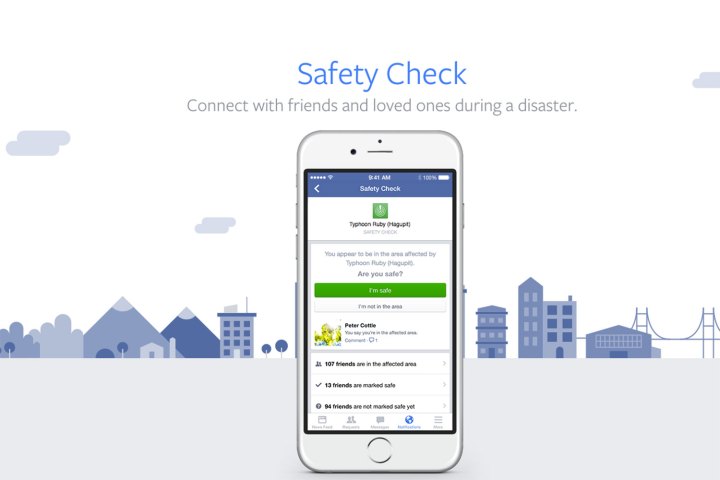
Following the devastating attack on civilians celebrating Bastille Day in the southern French city of Nice on Thursday night, the social networking giant was compelled to once again activate the tool, allowing Facebook users in the vicinity to quickly notify friends and family of their safety.
Launched by Facebook in 2014, the tool has been activated four times in the last five weeks alone. It was first used in the U.S. following the mass shooting at an Orlando night club last month, and activated again on July 7 in the wake of the Dallas police shootings. The other activation took place on June 28 after a terror attack at an airport in Turkey.
For this latest incident in Nice on Thursday night, which saw at least 84 people killed when a large truck deliberately plowed through a crowd of people celebrating France’s most important national holiday, Facebook users in the area would’ve received a message from the social networking service asking them to tap an “I’m safe” button if they were OK.
Safety Check would’ve then sent out a notification to friends and family letting them know they weren’t in any danger. An additional “mark safe” button also lets users mark others as safe.
Safety Check determines a user’s location by looking at the place they’ve listed in their profile, as well as their last location if they’ve opted in to Nearby Friends, and the area where they’re using the Internet.
If you’re worried about loved ones who you know are in Nice, click here to access Facebook’s Safety Check page for that particular event, where hopefully they will have already marked themselves as safe.
